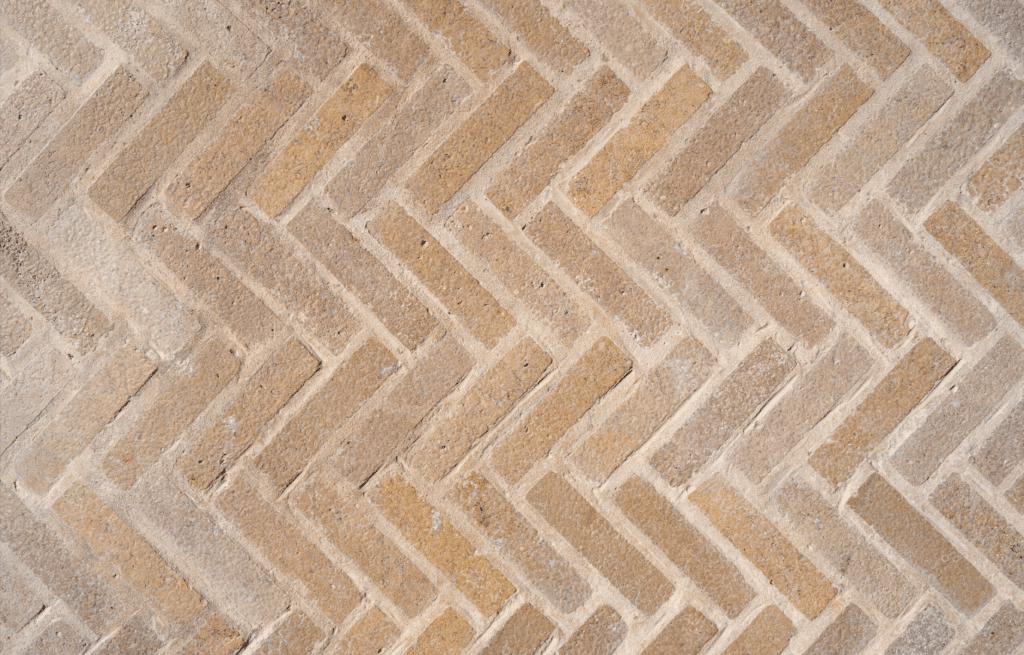Easter Opening Hours – Stoneworld will close at 5pm on Thursday 17th of April and Reopen at 0730 on Tuesday the 22nd of April
While it is possible to lay paving slabs directly onto soil, it’s generally not the most reliable method for achieving a durable and long-lasting surface. Over time, the soil can shift and settle, which can cause the slabs to become uneven or unstable. This can lead to issues such as uneven surfaces, cracks, and the need for frequent repairs. To ensure your paving remains stable and aesthetically pleasing, it’s essential to lay a proper foundation before installing the slabs.
For the best results, we recommend preparing a solid base made of compacted sand or gravel. This type of foundation helps with drainage by allowing water to flow through the surface, preventing pooling or erosion.

In some cases, particularly for driveways or heavily trafficked areas, a concrete base may be more appropriate. Concrete offers extra stability and strength, helping to keep your paving slabs securely in place. When working with larger or heavier paving slabs, ensuring proper support is even more critical for maintaining the overall integrity of your project.
By taking the extra step to properly prepare the ground before laying your slabs, you can significantly extend the lifespan of your paving. This preparation also ensures your paving looks professional and remains in excellent condition for years to come.
If you are unsure about how to best install your paving slabs or need advice on the right foundation for your project, the expert team at Stoneworld is always here to help guide you through the process, ensuring the best results for your project.